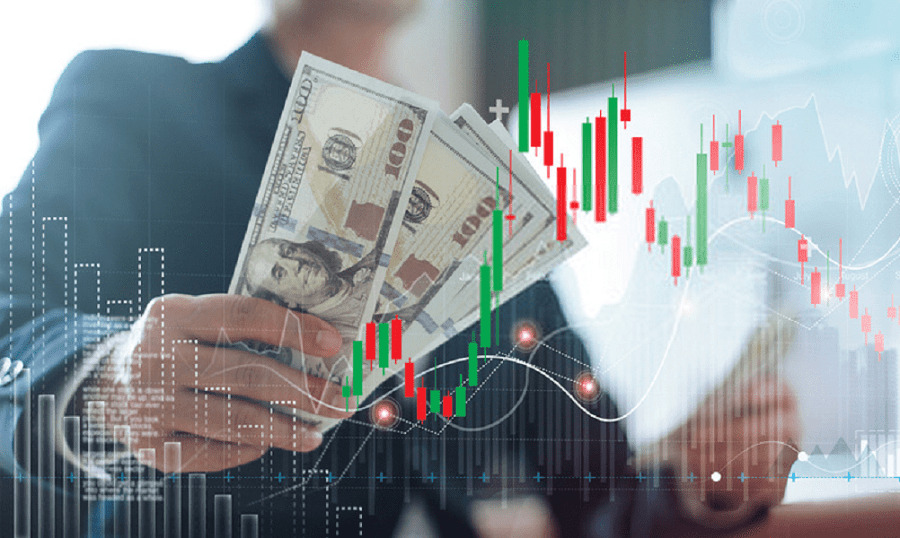
Mastering Essential Skills for Financial Freedom With Forex
With the right strategy, forex trading can be highly lucrative. After all, you can trade wherever and whenever you want with minimal capital and earn a good sum. However, you must master various skills to unlock your earning potential, mitigate the risks, and excel as a trader. These include:
Analytical Skills

The forex market is fast-paced and has numerous dynamics. There’s no room for guesswork. Prices can change in seconds, impacting your potential earnings positively or negatively. Along with strong mathematical abilities, you require astute analytical skills to navigate the market before executing your trades. Competence in technical analysis can help you sift through data and identify opportunities before placing your order.
Decision-Making Skills
A shrewd forex trader knows when to place an order. Here’s where your decision-making skills come into play. This skill set entails making prompt and informed trading decisions based on tangible data. Making informed decisions can help you leverage lucrative opportunities and maximize your profits.
Planning Skills
The forex market is renowned for its high liquidity, meaning it is highly active, and you can trade wherever and whenever you want. However, doing so without planning might set you up for failure. You require a solid plan and a strategic approach to achieve your objectives. Incisive planning skills can help you set actionable and attainable goals for a successful and profitable trading experience.
Innovation Skills
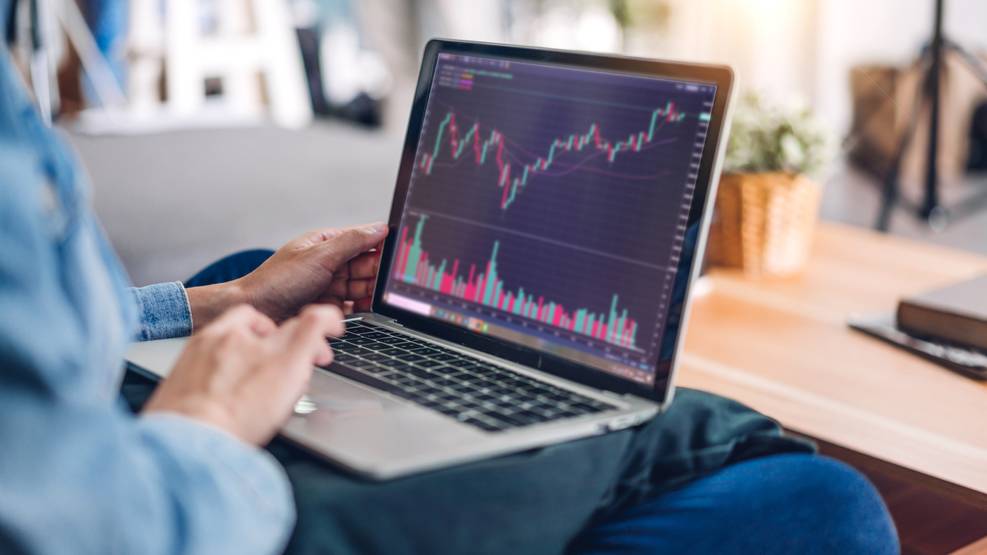
As with other professions, you’ll encounter several obstacles in your journey to financial freedom with forex trading. Innovation skills can help generate creative ideas to overcome these challenges and adapt to change. It can also help you develop new strategies that can give you a competitive edge, allowing you to maximize your profits.
Organizational Skills
Forex trading entails analyzing and keeping lots of data, managing time, and prioritizing tasks. If you are well organized, you will be able to place orders promptly, track your trades, and keep accurate records for performance review.
Risk Management Skills
While forex trading is highly lucrative, it has its fair share of risks. Without a proper strategy, you can incur massive losses. Developing risk management skills can make a difference between profits and losses. You’ll know when to execute your orders and when to stop to mitigate potential risks.
Psychological Skills
Forex trading is not for the faint-hearted. Like any business, the trade has numerous risks. You may sometimes earn substantial profits and other times incur serious losses. Here’s where psychological skills come into play. If you don’t have mental stamina and self-discipline, you might give up quickly after your first loss. Developing a positive mentality will encourage you to stick to your plan and strategic approach until you achieve your goals.
Understanding the Basics of Forex Trading
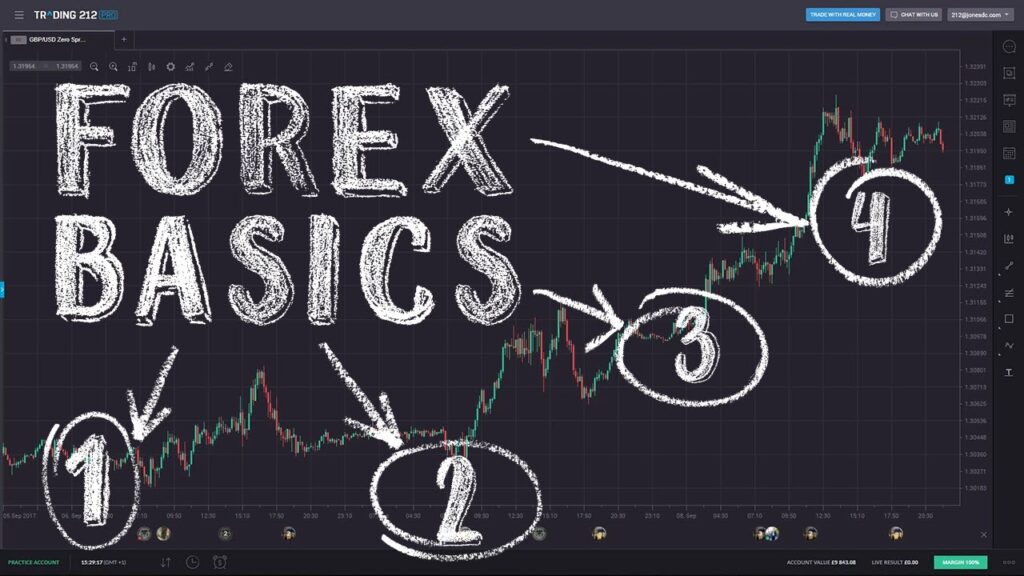
Before diving into Forex trading, it’s crucial to have a solid understanding of the fundamentals. Forex trading involves the exchange of currencies, where you buy one currency while simultaneously selling another. The objective is to profit from the fluctuation in exchange rates.
Technical Analysis
Technical analysis involves studying price charts, patterns, and indicators to predict future price movements. Learning how to interpret these charts and identify key support and resistance levels is essential for making informed trading decisions.
Fundamental Analysis
In addition to technical analysis, understanding fundamental factors affecting currency pairs is crucial. Factors such as economic data, interest rates, and geopolitical events can have a significant impact on currency prices. Stay informed about global economic news and events that can influence the Forex market.
Developing a Trading Plan
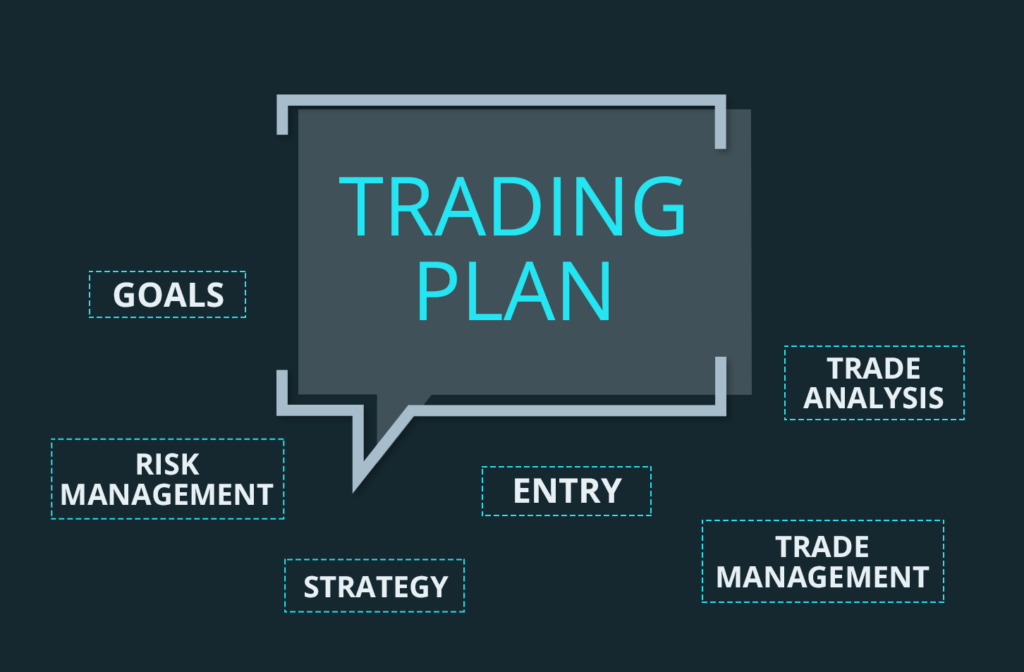
A well-structured trading plan is your roadmap to success in Forex trading. Your plan should outline your trading goals, risk tolerance, preferred trading strategies, and a clear set of rules for entering and exiting trades. Stick to your plan to avoid impulsive decisions.
Emotion Control
Emotions can be the downfall of many traders. Greed, fear, and impatience can lead to irrational decisions. Mastering emotional control is essential for maintaining discipline and consistency in your trading.
Money Management
Proper money management is crucial for preserving your capital and achieving long-term success. Never risk more than a small percentage of your trading capital on a single trade. Diversify your investments to spread risk.
Demo Trading
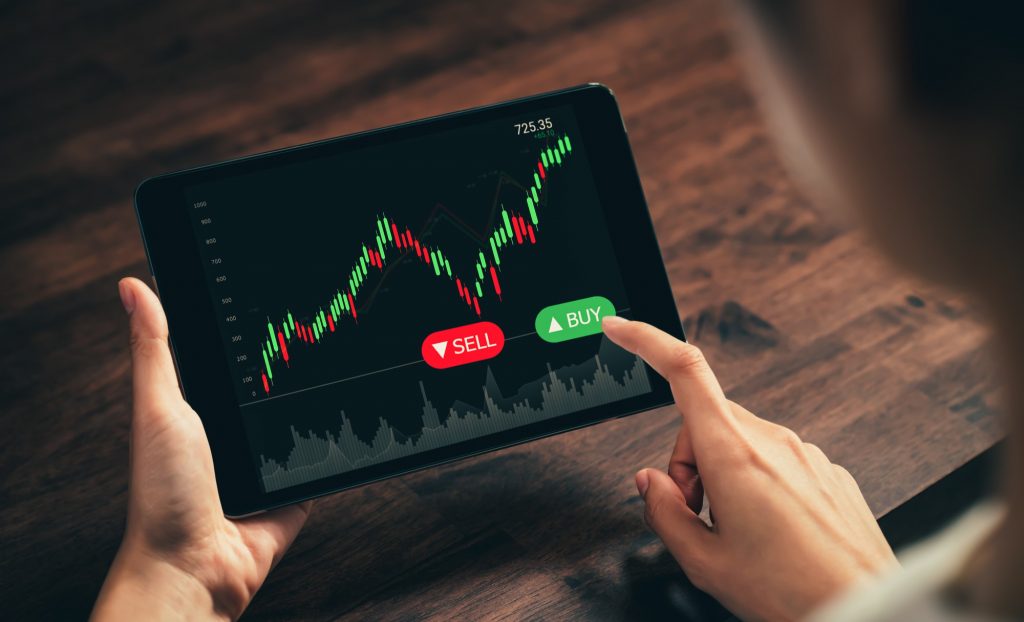
Before risking real money, practice with a demo account to familiarize yourself with the trading platform and test your strategies. Demo trading allows you to gain experience without the risk of losing your hard-earned money.
Continuous Learning
The Forex market is dynamic and constantly evolving. To stay ahead, commit to continuous learning. Attend webinars, read books, follow industry news, and engage with other traders to expand your knowledge.
Patience and Persistence
Financial freedom through Forex trading is not achieved overnight. It requires patience and persistence. Be prepared for setbacks and losses and view them as opportunities to learn and improve.
Choosing a Reliable Broker

Selecting a reputable Forex broker is crucial. Look for brokers with a good track record, transparent fee structures, and excellent customer support. Ensure they are regulated by a relevant financial authority.
Keeping a Trading Journal
Maintain a trading journal to record your trades, strategies, and outcomes. Analyzing your past trades can help you identify strengths and weaknesses and refine your approach.
Setting Realistic Goals
Set achievable goals for your Forex trading journey. Avoid unrealistic expectations of quick riches. Instead, focus on steady, sustainable growth in your trading account.
Adaptability

The Forex market is subject to change, and strategies that work one day may not work the next. Be adaptable and willing to adjust your approach as market conditions evolve.
Continuous Evaluation
Regularly evaluate your trading performance and make adjustments as needed. This includes assessing your risk-reward ratios, win-loss ratios, and overall profitability.
Bottom Line
The forex market can be risky if you don’t have the right expertise. Fortunately, many reputable forex brokers offer free educational materials and courses to help traders acquire the appropriate skills. Along with selecting a reliable broker, mastering these valuable skills can give you an edge and jumpstart your journey to financial freedom.
